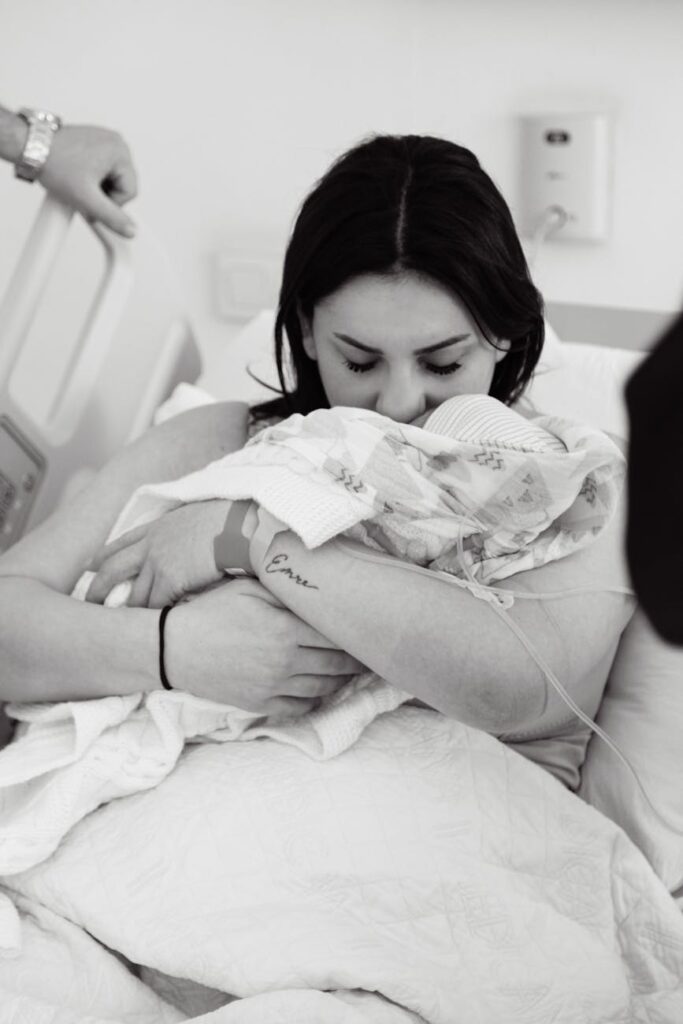Pregnancy-related medical negligence can cause serious injury to both a mother and her unborn child. Birth outcomes can be seriously compromised if medical professionals either fail to adhere to the recognized standard of care or, for whatever reason, fail to act when action is called for. The type of neglect may be due to one or more of the following: inappropriate interventions, belated treatments, misdiagnosis, or even failure to monitor pregnancy problems.
Early Birth
Medical negligence can be the cause of early labor and preterm birth. If a health care provider fails to treat issues like infections, preeclampsia, and gestational diabetes, the early-born infants is left susceptible to health problems. These may include respiratory problems, development delays, and permanent disability.
Fetal Distress and Stillbirth
Fetal distress, caused by medical neglect on account of untreated illnesses which may involve infections or the placenta, can arise. Unless the distressed fetus is appropriately treated with intervention like emergency treatment or cesarean section, a stillbirth may follow. Stillbirths are in that class of horrific outcomes largely preventable with proper care.
Low birth weight
Low birth weight results from unsettled problems in maternal health, for example, poor prenatal care, high blood pressure, and nutritional deficiency. Such low birth weight babies increase the risk of complications from respiratory problems to infection developmental disorders, among others.
Infections
Poorly treated or neglected infections, such as UTIs and STIs, may lead to serious issues: preterm birth, fetal infections, and complications in the delivery process. These diseases can also raise the risk of long-term health problems in the mother and the baby if not treated. Both people’s health and well-being may be severely impacted for the rest of their lives by chronic diseases such as developmental delays, cognitive impairments, or future fertility issues.
Birth Injuries
Failure to use proper interventions when delivery is complicated or to properly monitor labor can also cause birth injuries. As a specific example, conditions like shoulder dystocia can be the source of fractures, damaged nerves, or other physical disabilities that might be lifelong. Such risks can be minimized or even avoided if appropriate medical services are sought and delivered.
Cognitive and Developmental Delays
Untreated medical conditions, like fetal alcohol syndrome, drug use, or prenatal malnutrition due to a mother’s inability to seek medical care, could also contribute to additional long-term problems in development. Babies of mothers who do not receive proper care during pregnancy are sure to experience more learning difficulties, cognitive disabilities, and behavioral issues.
Psychological Effects
Medical misconduct during pregnancy causes trauma and might affect the unborn child physically. Inadequate medical care causes mothers to experience anxiety, despair, and PTSD, which can influence how they raise their kids and ultimately impact their health.
Chronic Diseases
Besides thyroid imbalance, hypertension and gestational diabetes, which come tagged along with pregnancy, may result in long-term health consequences on both the mother and the fetus if ignored. Children from mothers with undiagnosed gestational diabetes are most likely to be diagnosed with type 2 diabetes later on in their life cycles.
Pregnancy-related neglect will have not only immediate effects but also long-term detriments to the health of both the mother and the unborn child. Regular prenatal care, monitoring, and early interventions significantly reduce the aforementioned risks of these events. Medical neglect must be addressed to ensure appropriate treatment that promotes healthy pregnancies and, when possible, prevents injury.

